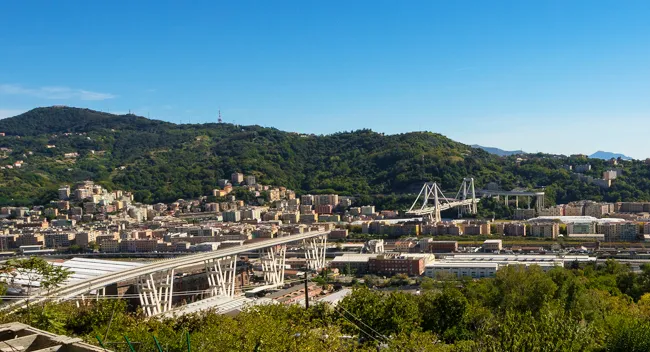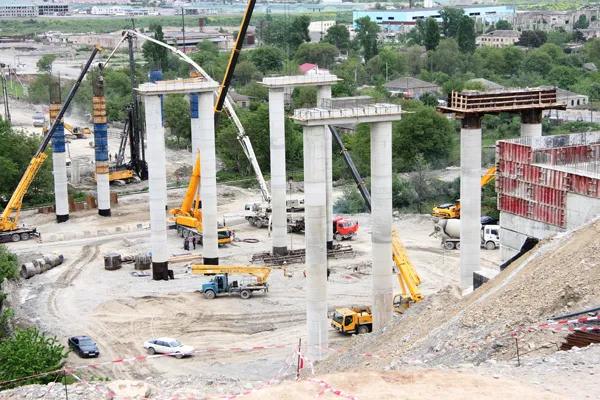The 60km motorway will be an extension of the Corridor 11 project and start where the 31km long Preljine-Pozega segment of Corridor 11 ends, Serbian media reported.
Belgrade-Sarajevo motorway will run from Pozega via Uzice to Kotroman on the border with Bosnia and Herzegovina of which Sarajevo is the capital.
The cooperation agreement was signed during the recent visit to Serbia of Turkish president Recep Erdogan. Zorana Mihajlovic, Serbia’s deputy prime minister and minister of construction, transport and infrastructure, signed a wide-ranging letter of intent with her Turkish counterpart, Ahmet Arslan to cooperate on more infrastructure projects.
“This is not the first project that Serbia is implementing together with Bosnia and Herzegovina, but it is definitely the largest one, following the construction of the Ljubovija-Bratunac bridge, the construction of a nursery and the reconstruction of the main street in Srebrenica and joint maintenance of the bridges of the Drina River,” Mihajlovic said.
Corridor 11 runs from the Serbian capital Belgrade southwest to the border with Montenegro, another member state of the former Yugoslavia, a country that dissolved into constituent parts after a brutal war in the 1990s.
Serbia has been working with Chinese firms on sections of Corridor 11 for several years.
Serbia, Turkey formalise cooperation for Belgrade-Sarajevo motorway
Serbia has cemented its cooperation deal with Turkey for construction of the Belgrade-Sarajevo motorway at an estimated cost of around €830 million.
The 60km motorway will be an extension of the Corridor 11 project and start where the 31km long Preljine-Pozega segment of Corridor 11 ends, Serbian media reported.
October 20, 2017
Read time: 2 mins
Serbia has cemented its cooperation deal with Turkey for construction of the Belgrade-Sarajevo motorway at an estimated cost of around €830 million.









